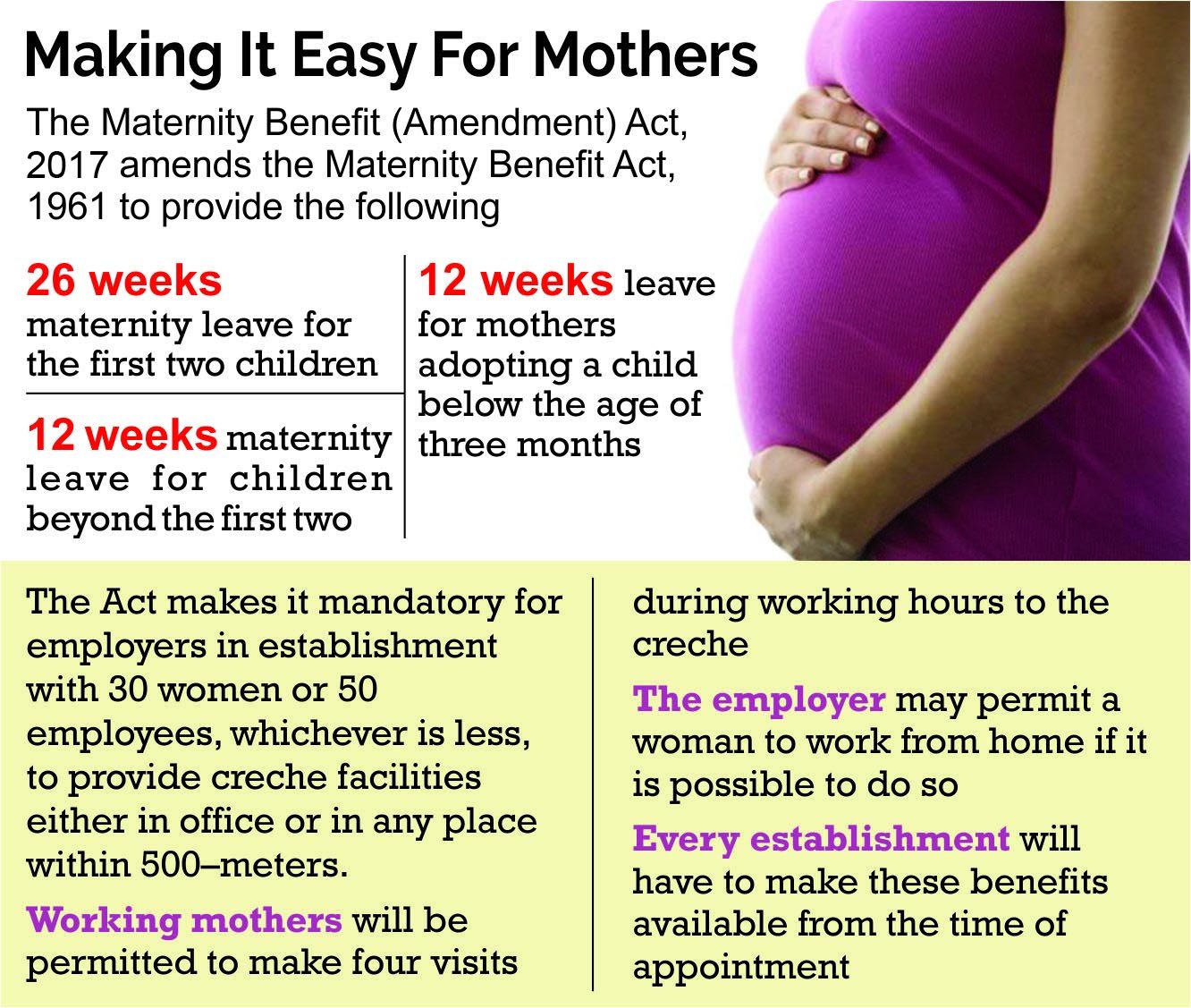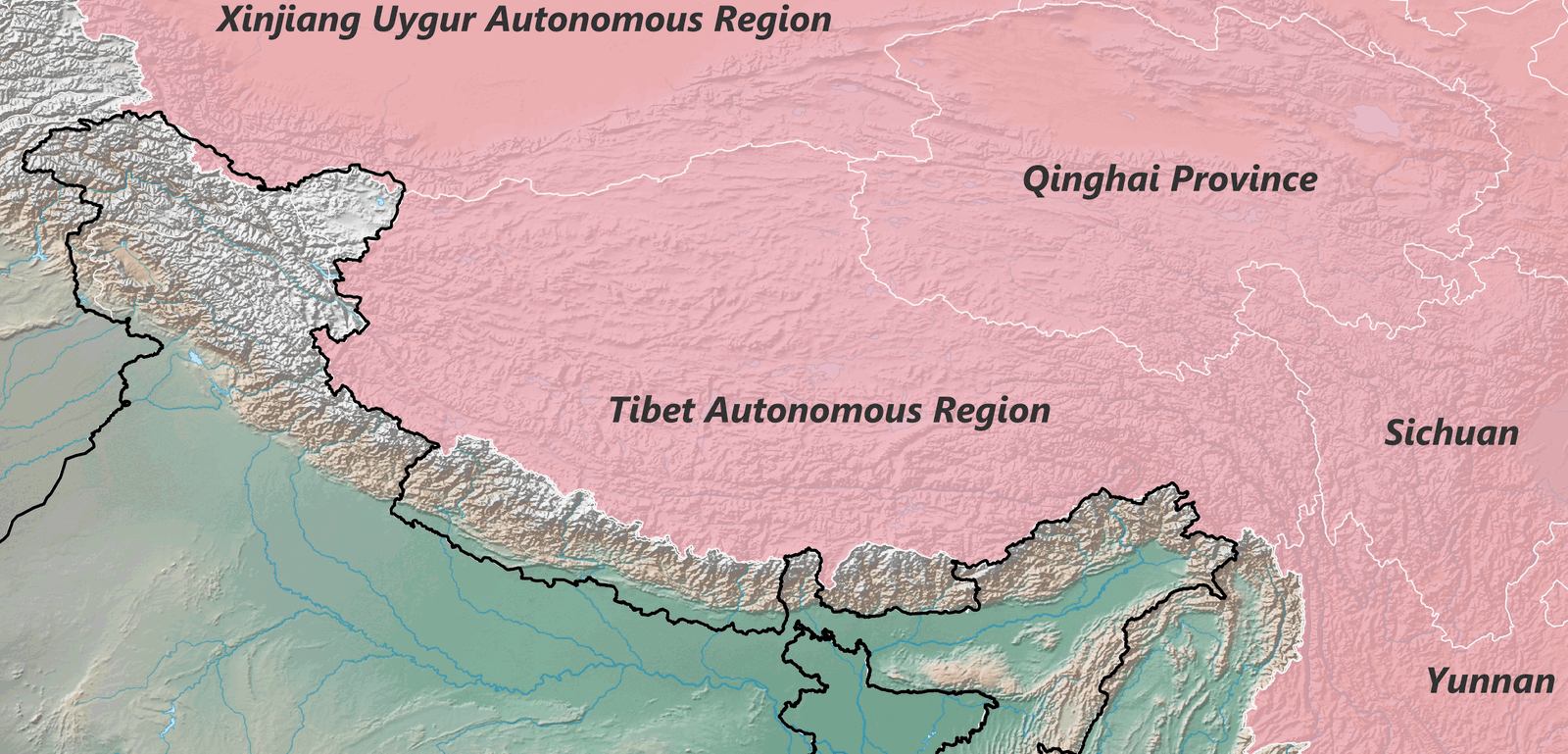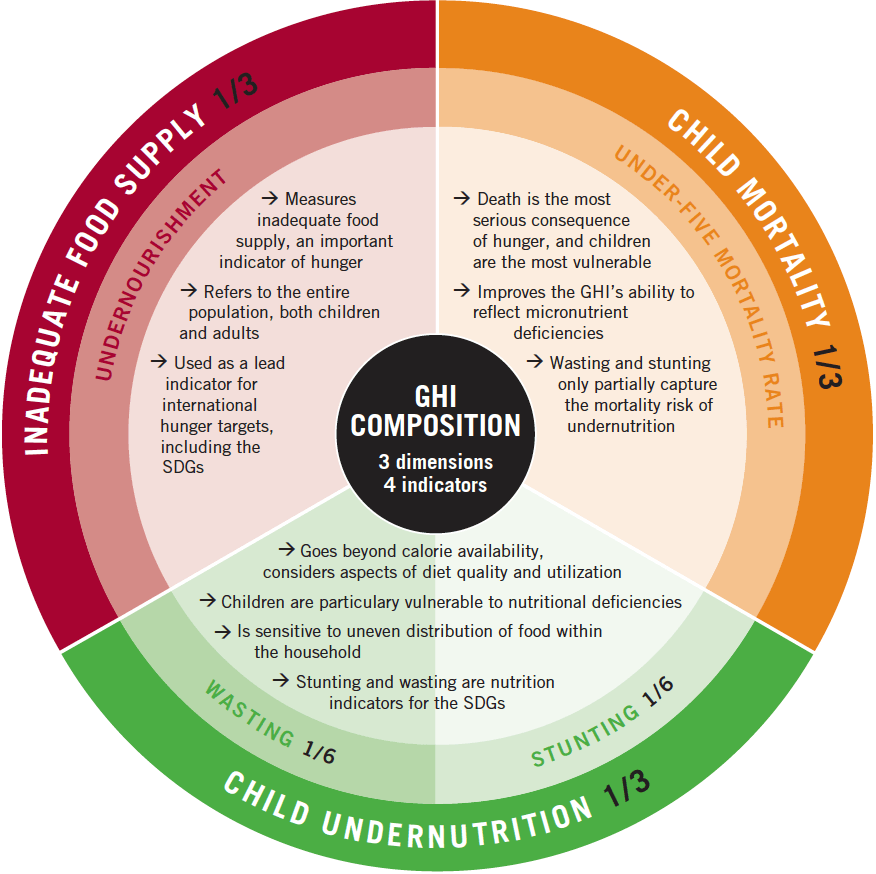
Nobel Prize in Economics 2023: Claudia Goldin Research on Gender Gap
Subscribe to Never Miss an Important Update! Assured Discounts on New Products!
Must Join PMF IAS Telegram Channel & PMF IAS History Telegram Channel
Nobel Prize in Economics 2023
- Context (TH | IE | IE): Sveriges Riksbank Prize in Economic Sciences in Memory of Alfred Nobel (popularly known as Nobel Prize in Economics), 2023, has been awarded to Claudia Goldin.
- She has been awarded for advancing our understanding of the labour market gender gap.
- Ms Goldin is the third woman to win the prize after Elinor Ostrom in 2009 and Esther Duflo in 2019.
What was Claudia Goldin’s Research?
- Goldin’s work has shed light on the participation of women in the labour market over the past 200 years and explained the persistent gender pay gap despite women often having higher education levels in high-income countries.
- While her research focused on the US, her findings apply to many other countries.
Key Findings of Claudia Goldin’s Research
Economic Growth and Women Employment
- By using 200 years of data, Goldin challenged the prevailing belief among researchers that women’s labour force participation increased with economic growth (?).
- In the agrarian economy, more women were involved in economic activities. But during industrialisation, concentrated work in factories posed challenges for women to commute from their homes. So, women’s participation in the economy decreased.
- However, women’s economic participation began to rise in the early 20th century due to the growth of the services sector.
Factors Limiting the Narrowing of Gender Employment Gap
Limitations of Marriage
- By the beginning of the 20th century, about 20% of women were employed, but only 5% of married women were in the workforce due to “marriage bars.”
Women’s Expectation
- Women’s expectations were influenced by their mothers’ experiences, leading to educational and professional choices that did not anticipate long, uninterrupted careers.
Pay Gap
- When both men and women worked in factories with pay tied to daily output, the gender pay gap was minimal. However, it widened with the introduction of monthly pay contracts.
Pay Gap and Parenthood
- One factor that significantly impacted how men were paid versus women was childbirth.
- Women faced pay penalties at work due to their increased parenting responsibilities and a slower ascent up the pay scale.
Factors Supporting the Narrowing of Gender Employment Gap
Contraceptive Pills
- By the end of the 1960s, as easy-to-use contraceptive pills became more popular. So, women could exercise greater control over childbirth and plan careers and motherhood.
- Women also ventured beyond the services sector, studying law, economics, and medicine.
[UPSC Mains 2023] Distinguish between ‘care economy’ and ‘monetized economy’. How can care economy be brought into monetized economy through women empowerment? (Answer in 250 words) 15
|
Nobel Prize in Economics
|





![PMF IAS Environment for UPSC 2022-23 [paperback] PMF IAS [Nov 30, 2021]…](https://pmfias.b-cdn.net/wp-content/uploads/2024/04/pmfiasenvironmentforupsc2022-23paperbackpmfiasnov302021.jpg)











